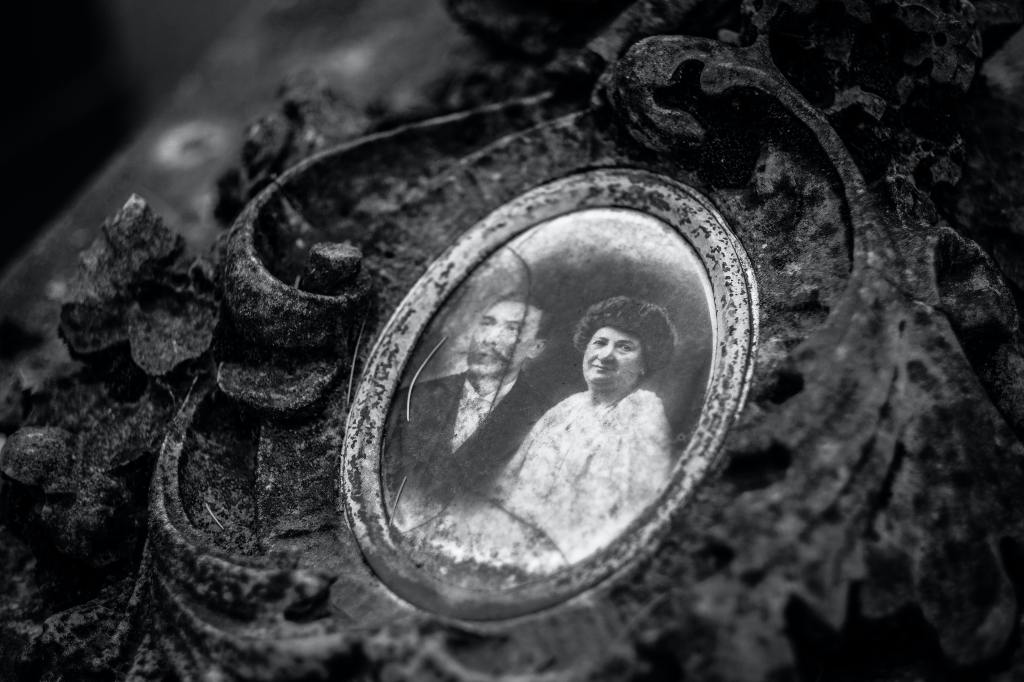One of our customers died last week. I didn’t know her well. I just knew that I liked her, that I wanted to see more of her, that I wish I could have told her what she gave us.
Audrey was her name. Tall, generously proportioned, she always came into the store smiling. Because of this, everyone wanted to assist her, to be part of this easy joy. We would ask her what she needed, and she would invite us to help her choose, would listen closely to our recommendations and defer to our knowledge of the plants and products we sell. Audrey never objected to our prices, higher of course than the box stores, evidently understanding that independent nurseries are struggling to survive. Each time she came in she told us how nice the stock looked, and she thanked us for the time we spent with her. How she loved flowers!
She was not elderly; her death was sudden and wrong. I am still recovering from it, trying to understand my feelings so that I may move on. Not that I expect to make any sense of her death. We live in a wild world of chance, and asking: why, why her, is a pointless pursuit. People die too soon all the time. What does bring me comfort is the certainty that she was happy: people mired in suffering don’t offer themselves so freely. Audrey’s was a spill-over joy, something she couldn’t help, something that rose from a private, boundless well.
Can I dig such a well for myself? Now there’s a question worth asking. Certainly we are born predisposed to certain behaviors. Joan Didion wrote that some people (especially writers) are “anxious malcontents, children afflicted apparently at birth with some presentiment of loss.” I do believe that many of us are glass-half-empty people, and we must work harder at finding the things that bring us cheer.
Working in retail has given me ample opportunity to study the various ways people engage with the world. Some are meek, some are nervous; some are resentful, others punitive. I recall a woman who stunned me with her rancor. I had rung up her purchase and carried her plants to her car. As she was starting to drive off I wished her a good day, and she stopped short and glared at me. “What do you care? You don’t know me. You shouldn’t say things like that to people you don’t know. It’s phony. It’s meaningless.”
I opened my mouth, but nothing came out. My heart was beating in my ears. I did the oddest thing then: I waved good-bye, helplessly—a gesture that probably irked her even more.
As I walked back into the store, my shock gave way to indignation. I probably should have let it go—I couldn’t. All the rest of that afternoon, I fumed over this meanness, this assault. I wondered how much wreckage, in just one day, this woman left in her wake. I found her charge slip, noted her name and copied her address from the phone book. By the time I got home, I knew what I was going to do.
In the drawer of my desk I located a blank card with bluebirds and flowers on the front. Using a pretty font on the computer, I wrote a note, printed it out, then cut and pasted it into the card: “Some people, with their charm and warm smiles, make the world a better place. You are not one of them.” I typed her address and supplied no return identification.
Though this deed brought me ample satisfaction, it was not the end of the story. A year later she came back into the store, utterly changed. She was kind and complimentary, and when she signed her charge slip that day, she told me we had a nice staff. “If you can’t be nice,” she said, “then what good are you?” She looked up at me when she said this, but there was no malice in her eyes, and if she suspected that I was the card-sender, I saw she held no grudge. I carried her plants to her car and once again wished her a good day. “You too,” she said. She started to drive off, then stuck her head out the window. “Hey. I like your hair.”
I am a fretful sort, a woman too quick to retreat, a woman who doesn’t smile often enough. There is plenty in me to work with. Change is what life wants.
Though Audrey might have been born good-natured, she was a mortal like the rest of us and must have known pain and loss and fear. But what she put forward was her best self, the side of her that made us feel better.
This is for you, Audrey, with love and thanks.










